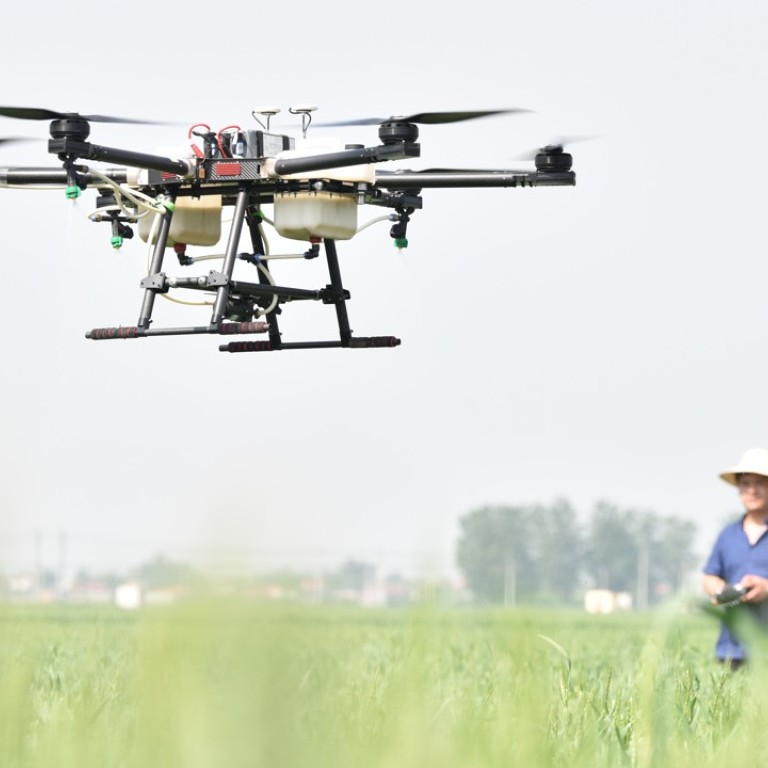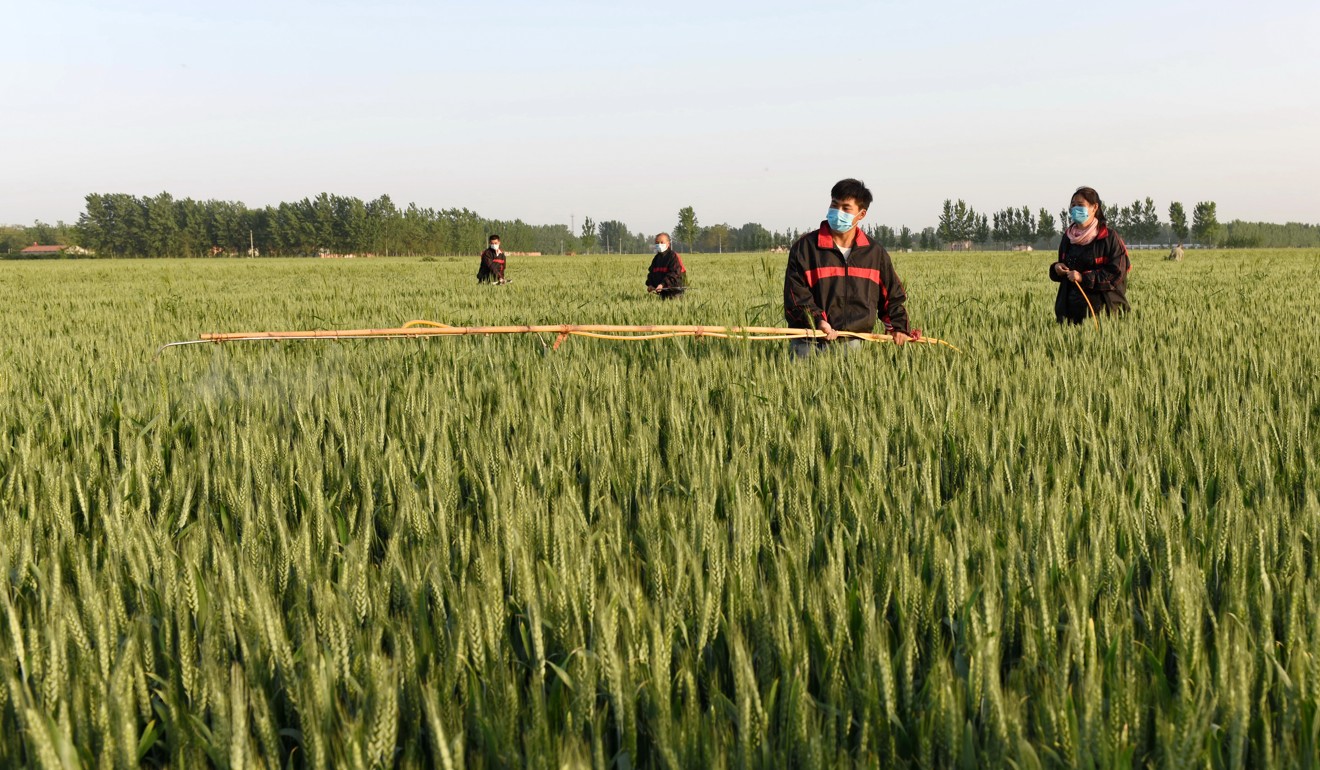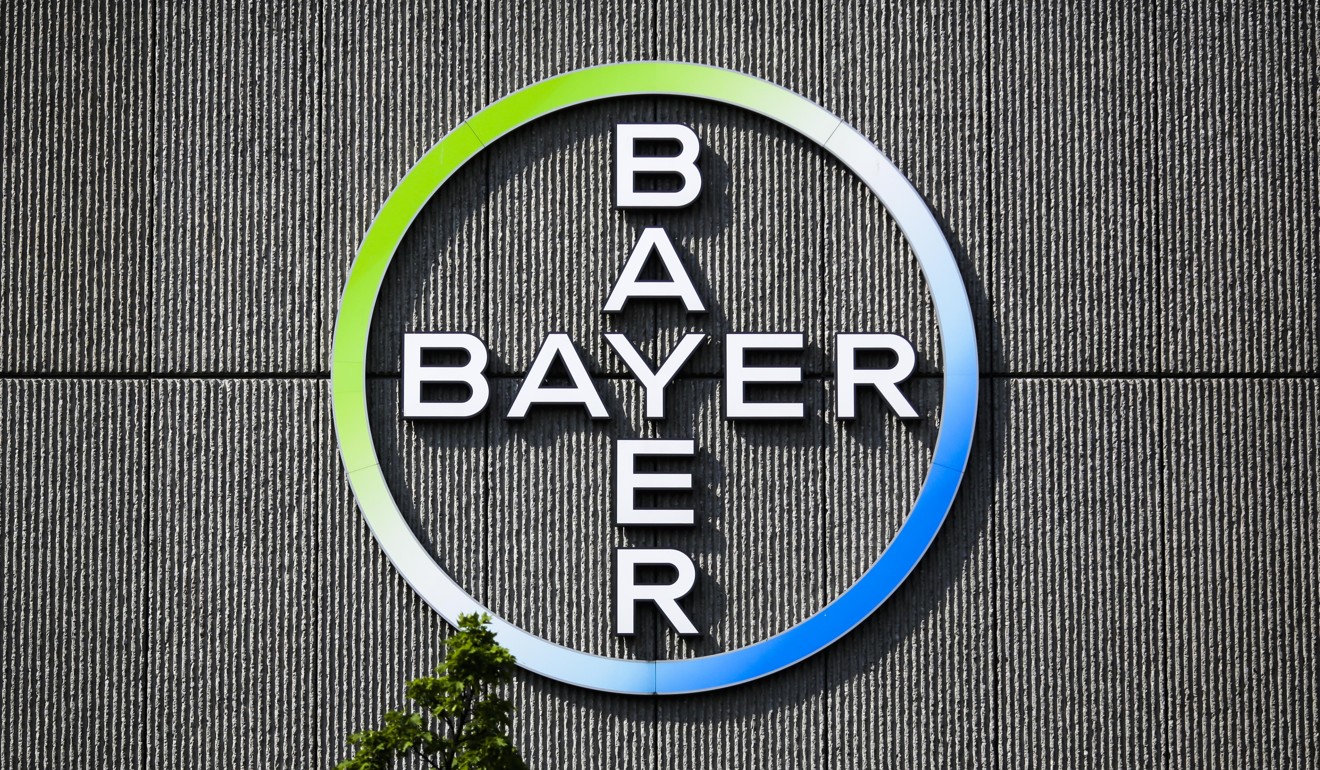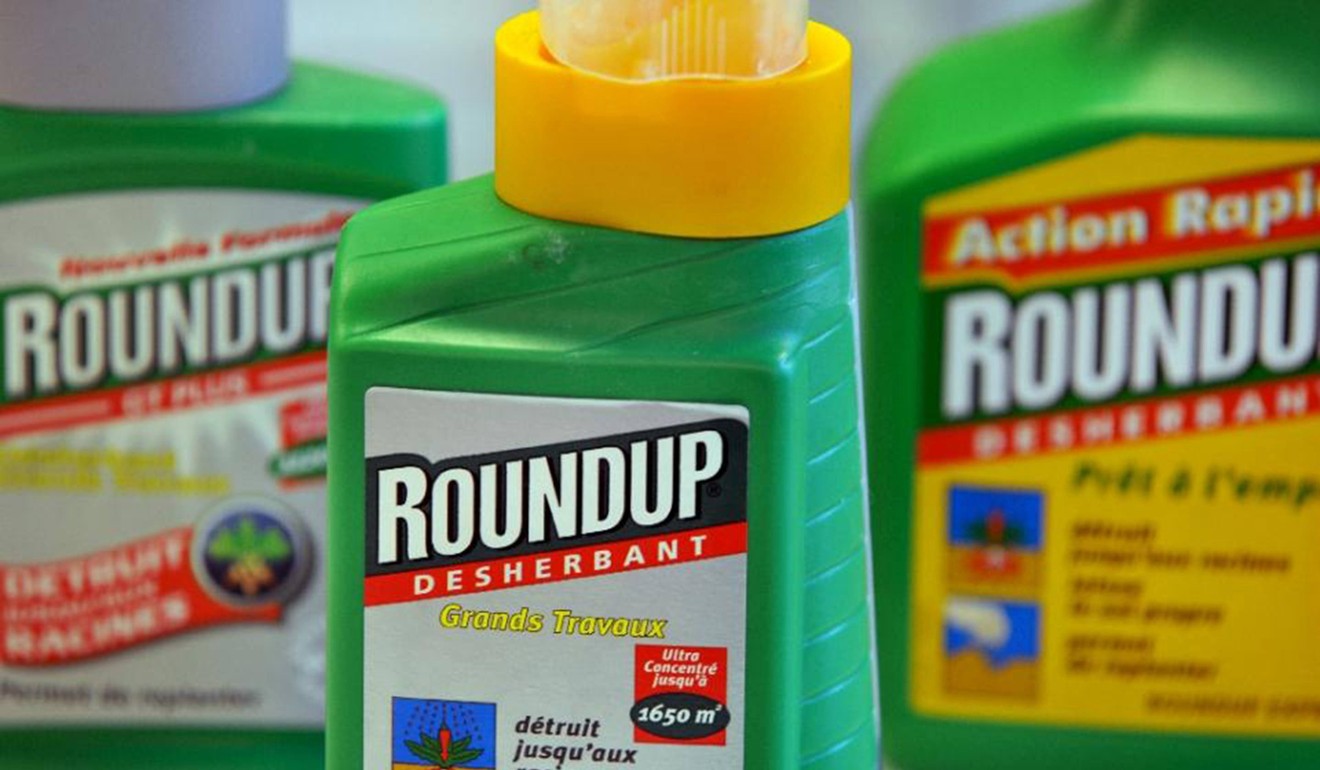
US-China trade war tariffs on seeds and crop protection products may raise food prices: BASF
The German chemicals giant says all global players will be affected to some degree
Import tariffs on seeds and crop protection products arising from the ongoing US-China trade war could result in higher food prices if they are sustained over the longer term, warns German chemicals giant BASF while stressing that it will not reduce its commitment to the China market.
“The duties have an impact and trade flows are changing … whenever you impose import tariffs, you can have an overall end user price increase which the industry always tries to avoid,” said Gustavo Carneiro, senior vice president, agricultural solutions Asia Pacific BASF in an interview.
Carneiro said all global industry players including BASF had been affected to some degree and the company was evaluating possible supply chain adjustments to minimise that.
Among the US$200 billion worth of Chinese products on which Washington has slapped an additional 10 per cent tariff from September 24 are weedkillers, pesticides, beans and vegetable seeds for sowing. The duty increment will rise to 25 per cent on January 1.
Increased costs from tariffs would weigh further on the global seeds and crop protection industry, which after the past few years of consolidation and investment in new technologies to raise competitiveness, is now on a growth trajectory.
The global seed market is worth US$40 billion and that for crop protection chemicals is US$53.7 billion, according to agrochemicals and seeds company Syngenta and agriculture chemicals consultants Phillips McDougall respectively.
At BASF, the North American market last year accounted for 35 per cent of the company’s agricultural solutions sales, while Asia-Pacific in which China is the largest market, made up 10 per cent.

Carneiro did not respond directly to the question of how BASF would get around the tariffs, but said the company evaluated the trade war’s impact on its supply chain daily, and had not made any decisions or changed the way it was operating.
The duties have an impact and trade flows are changing … whenever you impose import tariffs, you can have an overall end user price increase which the industry always tries to avoid
“The chemical industry involves complex supply chain processes, these are not generic products [on which] you can switch to alternatives easily,” he said.
BASF completed two months ago the €7.6 billion acquisition of fellow German chemicals giant Bayer’s seeds supply and treatment, weedkillers and digital farming businesses, which Carneiro called “100 per cent” complementary to the company’s existing fungicides and insecticides operations. It was BASF’s largest ever acquisition.
Seeds treatment involves the application of fungicide and insecticide to seeds. Digital farming tools deploy smart phones and sensors to collect data and use algorithms to help farmers monitor crop health and optimise timing and dosage of crop protection application.
To further enhance farming efficiency, BASF is working with Shenzhen-based aerial vehicles maker DJI to market drone sprayers for fungicides.
The acquired Bayer businesses had €2.2 billion in sales last year, with almost two-thirds from North America, compared with €5.7 billion from BASF’s agricultural solutions business. The sale was to help Bayer meet antitrust regulators’ conditions for approving its US$63 billion takeover of US rival Monsanto.

Carneiro rejected suggestions that BASF was under pressure to join the acquisition game to stay competitive.
“We were already competitive and innovative … of course the [Bayer assets] acquisition would enhance our capabilities.”
He also shrugged off concerns the US$43 billion acquisition by state-owned ChemChina of BASF’s Swiss-based rival Syngenta would pose greater competition for BASF.
“The China market is very competitive, I would not say it is more or less so as a result of more industry consolidation and alliances happening everywhere … I am very confident about our capabilities in China.”

Carneiro said it took €200 million to €300 million over a decade to develop crop protection products, including time for safety and efficacy regulatory approval, which was particularly lengthy for genetically modified seeds.
Approval is required not only in the countries that will use the seeds but also where the crops will be consumed.
New regulations introduced by Beijing meant the sustainability standards for a new product “is now very high,” Carneiro said, as food safety is a key policy priority.


